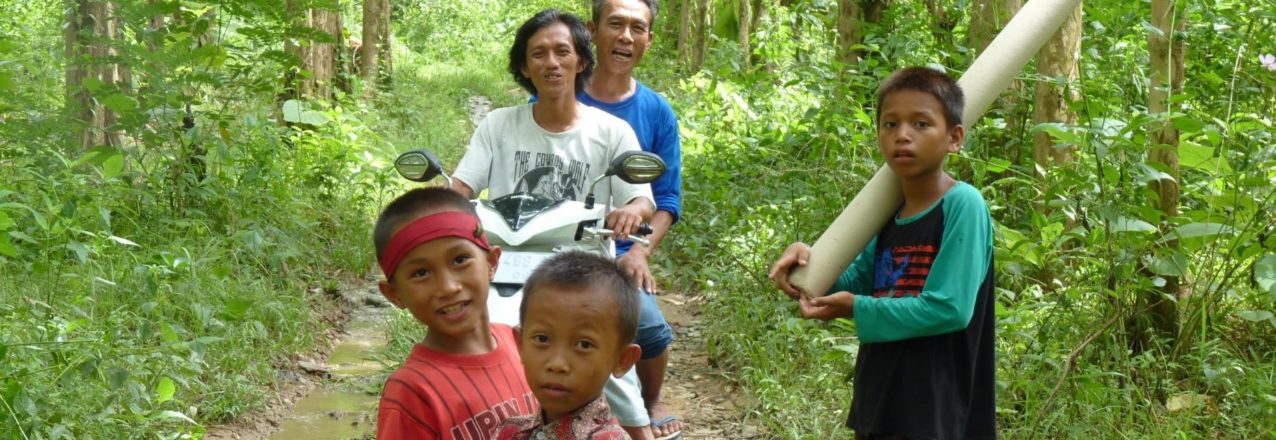Introduction
ProLand is undertaking a series of field trips to validate a draft Sourcebook for USAID Missions on designing and implementing activities that incorporate community-based forestry enterprises (CBFEs) as an integral part of sustainable landscapes programming. The draft Sourcebook focuses specifically on CBFEs that engage in timber production. The field visits seek input from in-country USAID officers and local practitioners as well as other knowledgeable sources.
The draft Sourcebook is based on ProLand’s “An assessment of critical enabling conditions for community-based forestry enterprises,” which identified four categories of critical enabling conditions required for successful CBFEs:
- Secure rights to develop, exclude others, and sell a forest product or service are important for long-term social enterprise investment. While these rights are the most basic policy requirement, other policies contribute to a robust enabling environment.
- Governance, organization, and management that provide effective leadership and technical knowledge to the CBFE, accountability to the community, and ensures the CBFE’s financial integrity.
- A viable social enterprise model1 that produces financial benefits sufficient to reinvest in forest and business management and growth, and provides economic benefits (though not necessarily cash) to the community as a whole.
- Partnerships with value chain actors to access external funding and technical support, help aggregate timber from several communities (or individual producers), market timber to buyers, and build/maintain infrastructure. These partners include national and local government, donors, civil society organizations, and private sector entities.
The assessment includes input from 18 key informants, including several from USAID missions. ProLand asked USAID staff if their missions would be suitable for and support a ProLand team validating the Sourcebook in their country. ProLand first conducted a validation trip to Mexico in December 2018, and Indonesia became the site of the second validation visit following Indonesia’s Senior Natural Resources Advisor/Team Leader expression of interest in participating on behalf of the mission.
This report documents observations during field visits to CBFEs in Indonesia, intended to validate and refine guidance about CBFEs. Deeper background assessment, results of other field visits, and the guidance have been published as separate documents. The Indonesia field trip took place from March 4–13, 2019. The ProLand team comprised Chief of Party Mark Donahue; CBFE International Forestry and Land Tenure Consultant Chip Fay; and locally based CBFE consultant Sandika Ariansyah. The team visited key informants in Jakarta, Lampung Province, and Konawe Selatan in Sulawesi, and spoke to informants supporting smallholder timber cooperatives in Java according to the schedule and locational map in Annex 1. Interviews followed a question guide exploring the CBFE-enabling conditions, found in Annex 2, and the ProLand team addressed other relevant issues as they arose. We wish to thank USAID/Indonesia for hosting the team, USAID Lestari for their logistical support, and all the informants who gave freely of their time with enthusiasm.


